Are you interested in exploring historic homes? Here are the must-see historic houses in Rome:
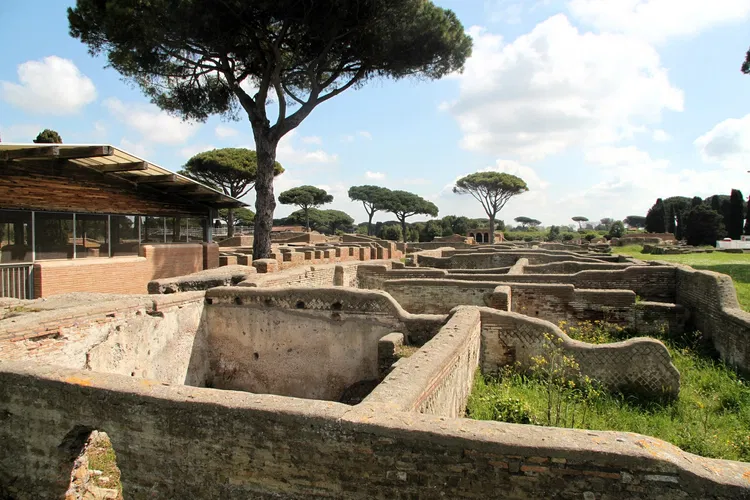
Archaeological Park of Ostia Antica
RomeOstia, located on the coast of the Tyrrhenian Sea in ancient Latium, Italy, was an important port city for ancient Rome and is believed to be one of its first colonies. This historical significance makes it a fascinating destination for those interested in the history of the Roman Empire.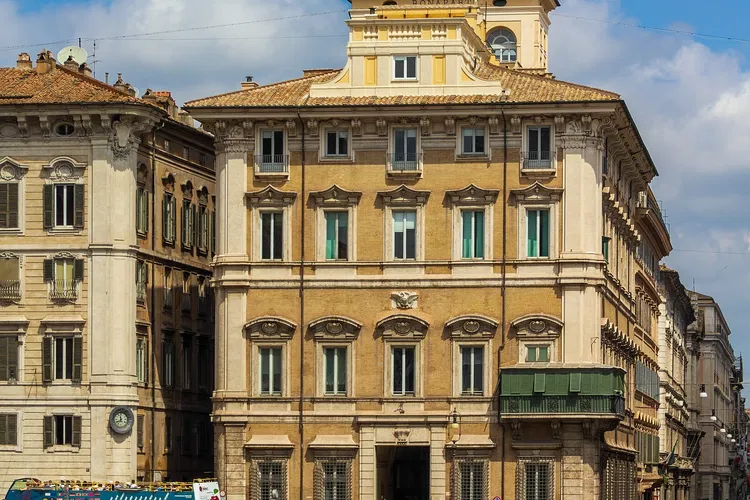
Bonaparte Palace
RomeThe Palazzo Bonaparte, previously known as D'Aste Rinuccini, is a historical palace located in the Pigna district of Rome, with a view overlooking Piazza Venezia. This location offers visitors a chance to experience the rich history of Rome, while also enjoying the bustling atmosphere of the Piazza Venezia.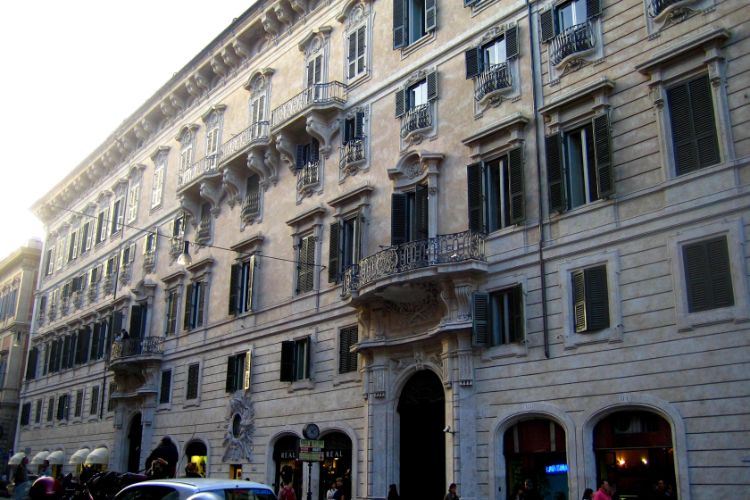
Galleria Doria Pamphilj
RomeThe Galleria Doria Pamphilj is a museum in Rome, housed in the Palazzo Doria Pamphilj, the palace of the Doria family (who still lives there), which could very well be the largest in Rome still in private ownership. The museum mainly exhibits paintings. However the collection contains paintings, fur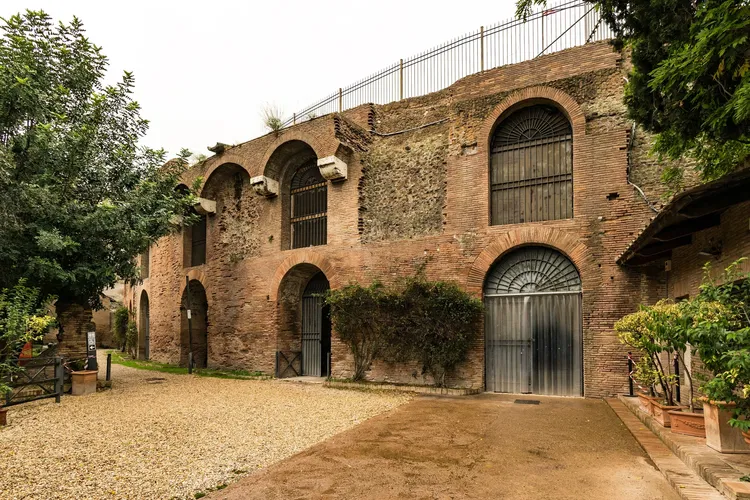
Domus Aurea
RomeThe Domus Aurea, literally translated as the 'House of Gold', was a grand palace constructed by Emperor Nero on the Oppian Hill in the heart of ancient Rome. This construction was initiated after the great fire of 64 AD. The palace was a symbol of opulence and extravagance, with its luxurious inlays of gold, precious stones, and ivory.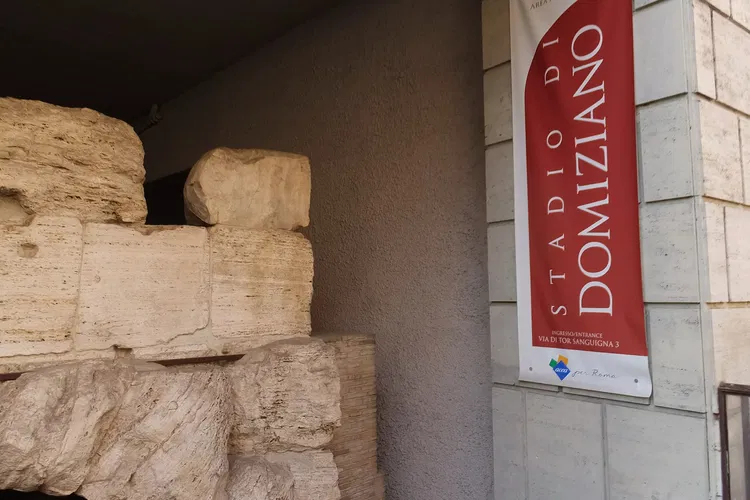
The Stadium of Domitian
RomeThe Stadium of Domitian, also known as the Circus Agonalis, is a significant historical site located to the north of the Campus Martius in Rome, Italy. This ancient stadium was commissioned around AD 80 by Emperor Titus Flavius Domitianus as a gift to the people of Rome and was primarily used for athletic contests. Today, it stands as a testament to Rome's rich history and architectural prowess.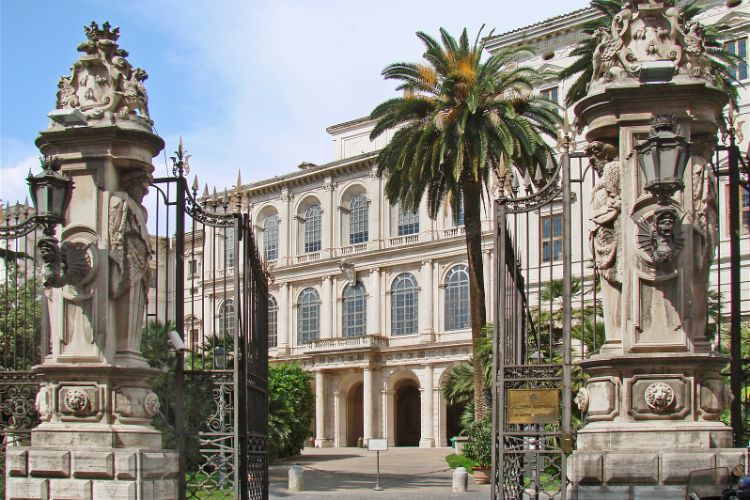
Palazzo Barberini
RomeThe Palazzo Barberini is a Renaissance palace that is the joint work of three of the most admired architects of the era - Bernini, Borromini and Maderno. The interior boasts splendid works of art, too. You can find paintings by masters like Tizian or Caravaggio here, as well as the famous "La Fornar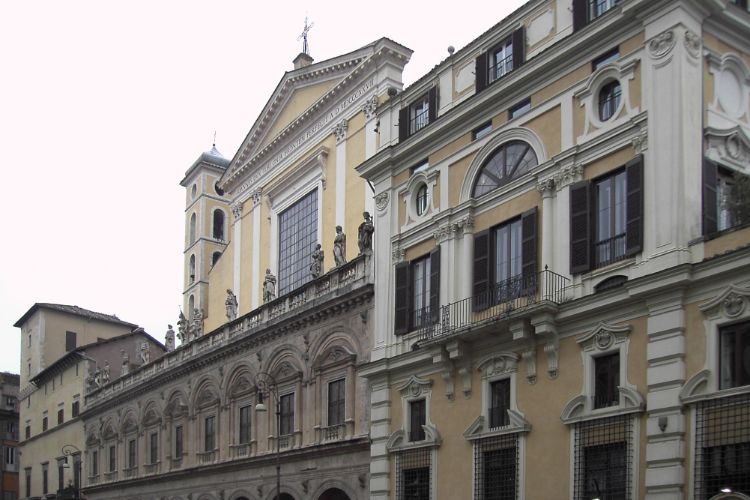
Galleria Colonna
RomeGalleria Colonna is a museum in Rome that is housed in the Palazzo Colonna that was built in the 15th century by Pope Martinus V member of the noble Colonna family. The Galleria Colonna holds and exhibits a collection of art that includes works by Titian, Guercino, Reni, Bronzino (Venus, Cupid), Jac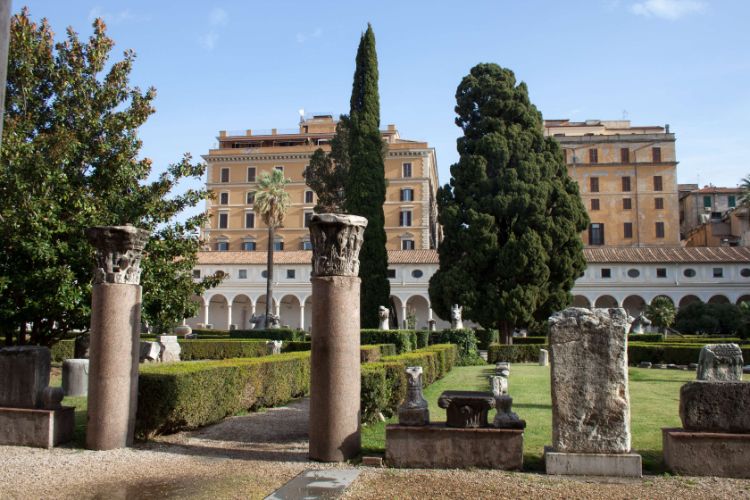
Museo Nazionale Romano - Terme di Diocleziano
RomeThe Baths of Diocletian (Thermae Diocletiani) was a large public thermal complex in ancient Rome. The Baths of Diocletian were located on the summit of the Viminal. The complex was built from 298, commissioned by Emperor Maximian and was inaugurated in 306. Since Maximian was in power the lesser of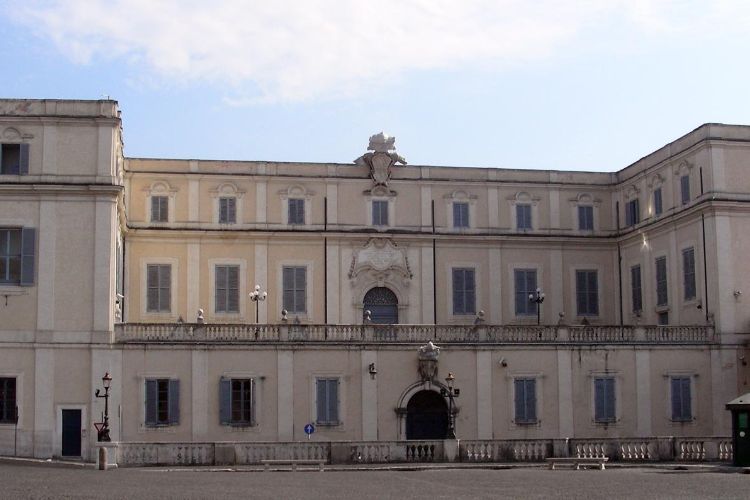
Scuderie del Quirinale
RomeThe Scuderie del Quirinale (Quirinal Stables, or Papal Stables) was built from 1722 to 1732. The Scuderie, together with the Palazzo del Quirinale, the official residence of the President of the Italian Republic and the Palazzo della Consulta, the Constitutional Court, are all situated close to each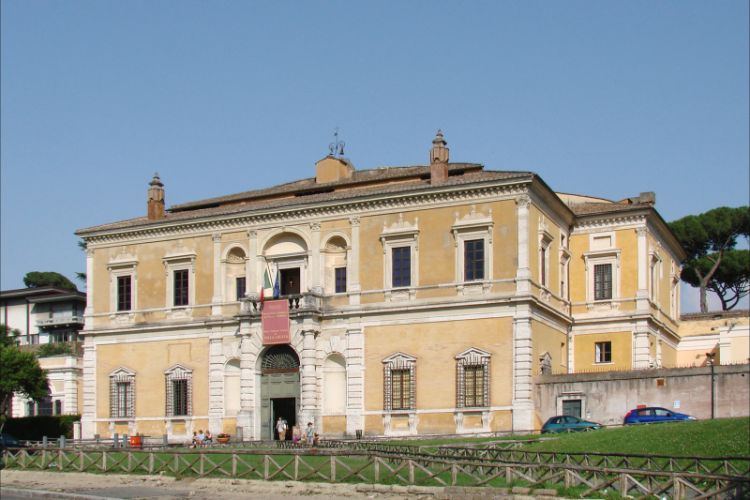
Museo Nazionale Etrusco di Villa Giulia
RomeThe Museo Nazionale Etrusco di Villa Giulia is the National Etruscan Museum in Rome, housed in the Villa Giulia that was built for pope Julius III. The first rooms of the museum feature artefacts organized according to a double principle: topographical and chronological. Furthermore, the museum incl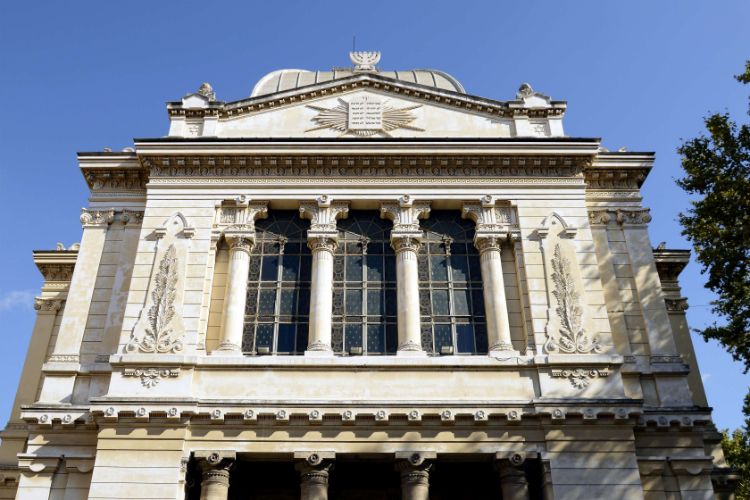
Jewish Museum of Rome
RomeThe Jewish Museum of Rome is situated in the basement of the Great Synagogue of Rome. The museum is dedicated to the history of the Jewish presence in Rome, which began in the second century BCE, but it also presents works of art produced by this Jewish community. A visit to the museum includes a gu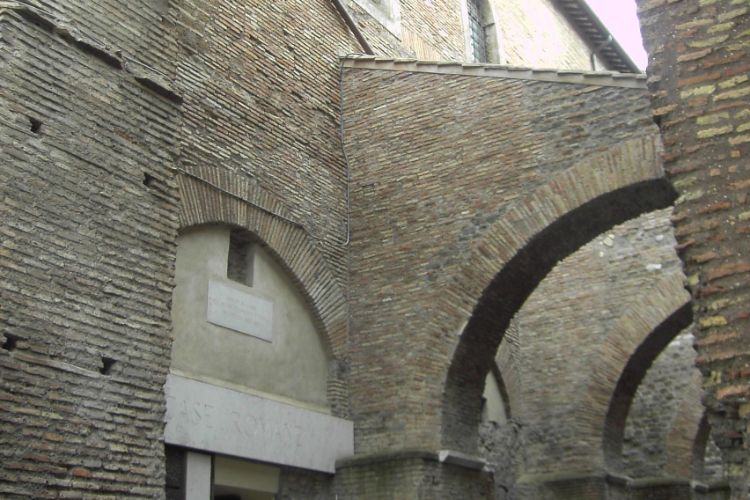
Case Romane del Celio
RomeCase Romane del Celio refers to the remains of a Roman residential complex below the Basilica dei Santi Giovanni e Paolo in the Celio district in Rome. There are many frescoes to be seen from different times and with different iconographic intentions. After a long restoration a museum opened here th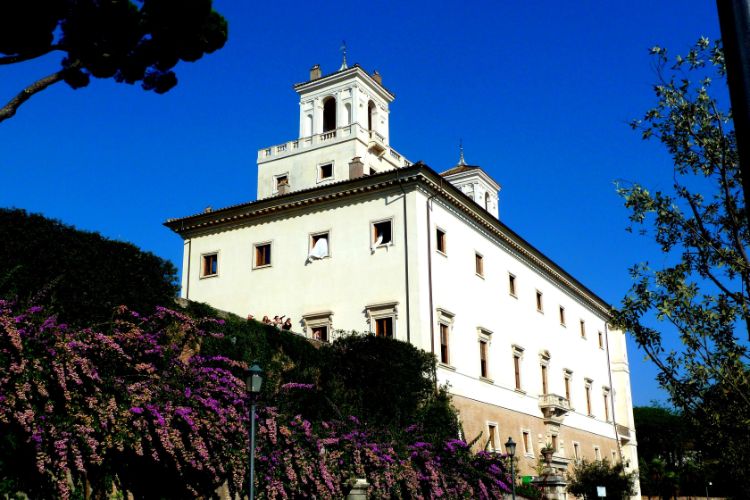
Villa Medici - Accademia di Francia a Roma
RomeThe Villa Medici is a large country house in Rome, built by Ferdinando I de 'Medici, Grand Duke of Tuscany, at the end of the 16th century on the site of the gardens of Lucullus. The villa is located on the Pincio hill, just north of the old town of Rome. In 1803, Napoleon founded a branch of the Fr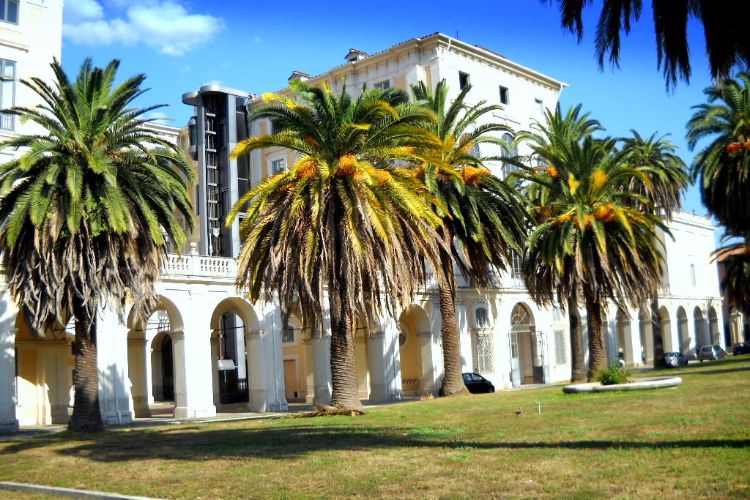
Galleria Corsini - Palazzo Corsini
RomePalazzo Corsini is a villa in Rome from the 15th century that houses the Galleria Corsini. The palace was originally built by the Riario family and later inhabited by Queen Christina of Sweden during the 17th century. The Florentine Corsini family moved into the building after Cardinal Lorenzo Corsi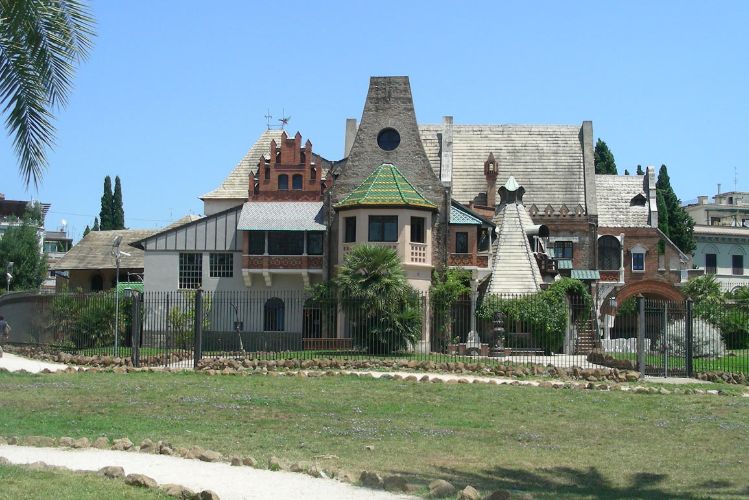
La Casina delle Civette - Musei di Villa Torlonia
RomeThe Casina delle Civette (House of the Little Owls) is a result of a series of additions to a building that was intended as a refuge from the formality of the main villa on the grounds, Villa Torlonia, a villa in Rome with surrounding gardens which used to belong to the Torlonia family, of which con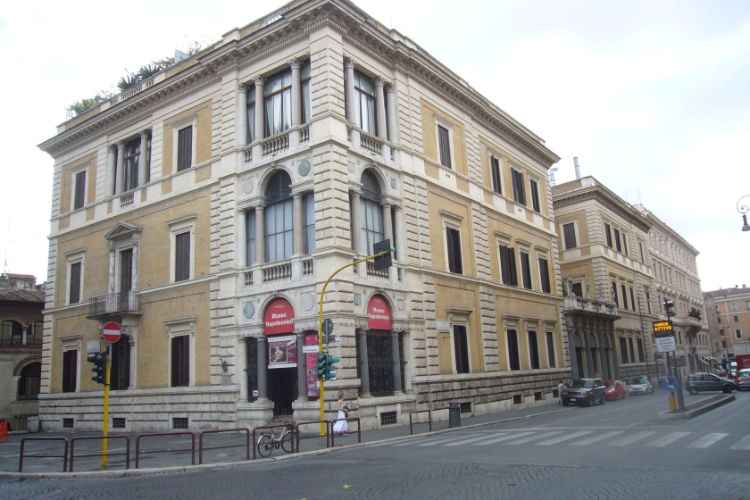
Museo Napoleonico
RomeMuseo Napoleonico is a museum in Rome that holds and exhibits a collection that was donated in 1927 by Count Giuseppe Primoli, a descendant of Napoleon. The museum houses various portraits and objects, but also interiors from the Neapolitan era. The collections of the Museo Napoleonico are divided i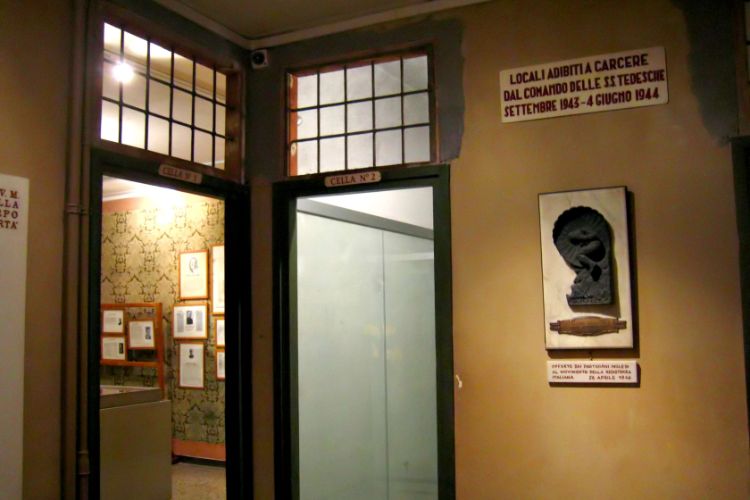
Museo Storico della Liberazione
RomeThe Museo Storico della Liberazione is the Museum of the Liberation of Rome that occupies three floors in an apartment building where it illustrates the period of German occupation of Rome in World War II as well as its liberation. The building was used as the headquarters of the Sicherheitspolizei,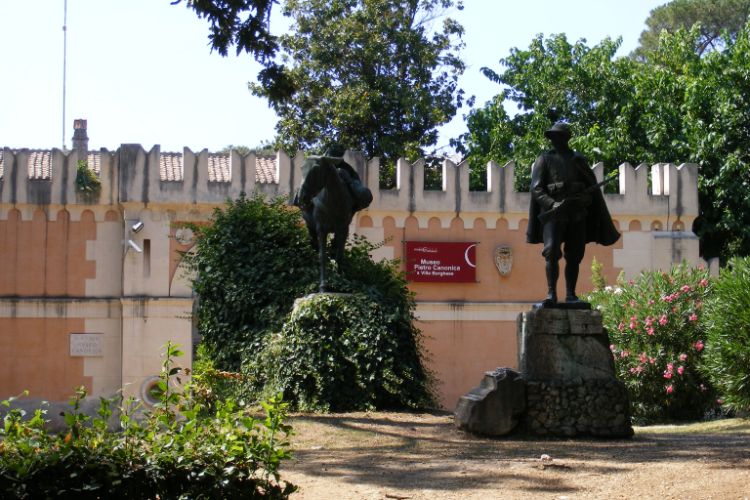
Museo Pietro Canonica
RomeThe Pietro Canonica Museum is the house museum of the sculptor Pietro Canonica. The house, where the artist lived until his death, was donated to the municipality of Rome which now manages the museum. The ground floor and the lower floors of the museum contain rooms that display the works, both copi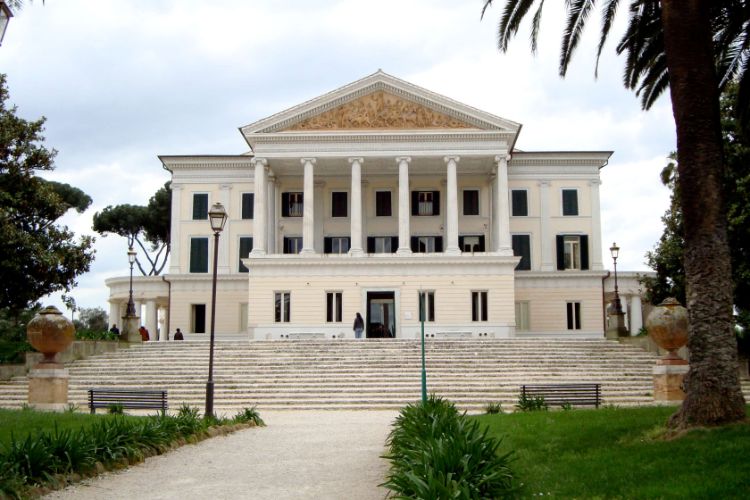
Il Casino Nobile - Musei di Villa Torlonia
RomeVilla Torlonia is a villa in Rome with surrounding gardens which used to belong to the Torlonia family. Mussolini rented Villa Torlonia from the family for one lira a year to use as his state residence from the 1920s onwards. Nowadays it is a museum: Musei di Villa Torlonia. The museum in the villa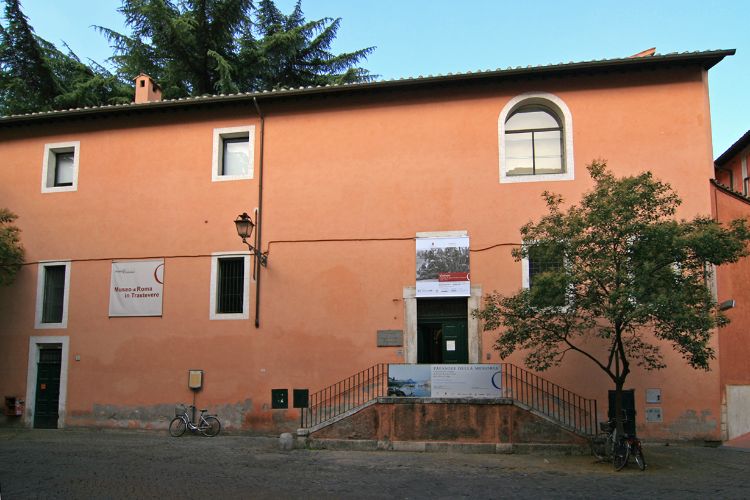
Museo di Roma in Trastevere
RomeMuseo di Roma in Trastevere is a museum in Rome that is housed in the restored Carmelite convent of Sant'Egidio. The museum holds and exhibits a collection that illustrates the recent culture of Rome, with the help of life-size models. The main focus is on Roman life in the late eighteenth and ninet- 21
Museo Criminologico
RomeThe Museo Criminologico is the Criminology Museum of Rome. The museum is housed in the Palazzo del Gonfalone which is a former juvenile prison. The objects of the collection are presented in a chronological way to contextualize the instruments on display.